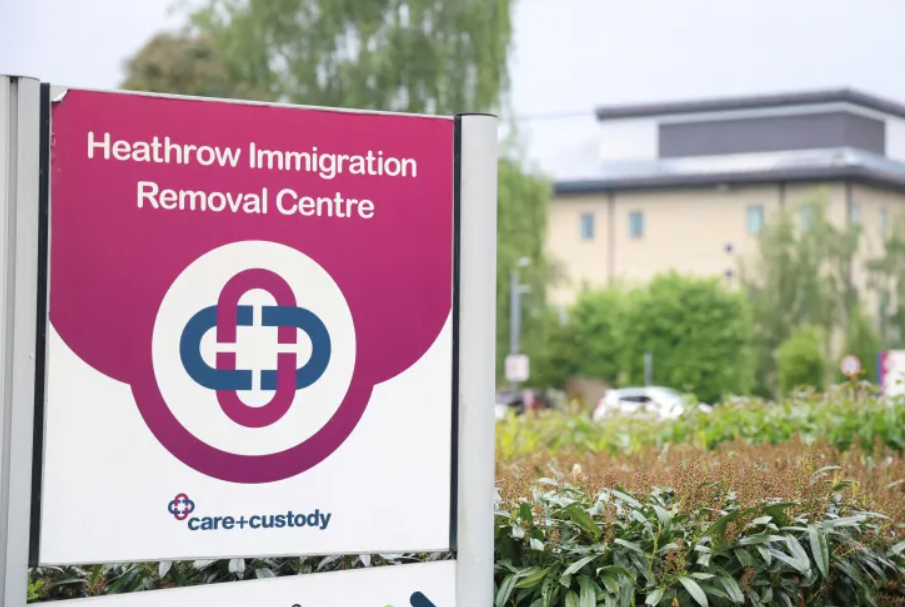Amid a legal dispute over the UK’s deportation plan, Rwanda accuses the UN Refugee Agency of spreading false information.
The United Nations Refugee Agency (UNHCR), which asserted in a British court that asylum seekers returned to Rwanda would be sent to countries where they might be subjected to torture or killed, has strongly refuted Rwanda’s claims. The UK’s contentious plan to deport asylum seekers to Rwanda is being contested in court, and the UNHCR’s remarks were part of those proceedings.
Legal Battles Against the UK’s Deportation Program
Several legal obstacles have been in the way of the UK’s plan to relocate refugees to Rwanda. Prime Minister Rishi Sunak’s administration is still committed to enacting the program in the event that the Conservative Party wins the general election on July 4th, despite these obstacles.
UNHCR attorneys contended in a recent court proceeding that Rwanda’s asylum procedure is insufficient, increasing the possibility of refoulement, an unlawful practice in which refugees are sent back to nations where they may face persecution. This argument expands upon earlier data that the British Supreme Court took into consideration when ruling last year that the UK’s deportation strategy was illegal.
The Rebuttal from Rwanda
The UNHCR was accused by the Rwandan government of disseminating misleading information in a forceful reaction. Rwanda declared, “UNHCR is lying,” denouncing the organization for what it called “wholly unserious allegations” about how Kigali handles asylum seekers. The Rwandan government emphasized that it continues to work with the UNHCR to relocate African refugees who have fled Libya, implying that the organization’s position is in conflict.
According to Rwanda’s statement, the incidents listed by UNHCR lawyers included either people who left on their own volition or people with legal standing in other countries who did not meet Rwanda’s admission standards.
Greater Consequences and Ongoing Legal Exams
This court hearing is the most recent in a string of legal battles pertaining to the deportation policy of the United Kingdom. The FDA trade union, which represents federal servants, filed a judicial challenge earlier on June 6. The case is currently pending.
Concerns over the UK-Rwanda asylum cooperation have been voiced by the UNHCR on a regular basis. In particular, the UNHCR has drawn attention to the dangers of “externalization,” which is the transfer of authority for asylum decisions and refugee protection to another nation. The organization emphasized that these restrictions put refugees at grave risk, including the possibility of being returned to dangerous circumstances.
Political Repercussions
The deportation plan is justified by the ruling Conservative Party as a means of discouraging migrants from trying to enter the United Kingdom from northern France. If his party wins the next election, Prime Minister Sunak has promised to carry out the proposal.
A stark ideological difference exists between the two main political parties as opposition Labour leader Keir Starmer has pledged to drop the deportation plan should his party win the election.
In summary
Human rights problems and complexity are highlighted by the ongoing legal fights and worldwide complaints surrounding the UK’s immigration policies. The disagreement that exists between Rwanda and the UNHCR underscores the difficulties in putting into practice and supervising such contentious asylum procedures. The future of the UK’s deportation plan and its broader immigration policy will be greatly impacted by the results of the general election on July 4.













